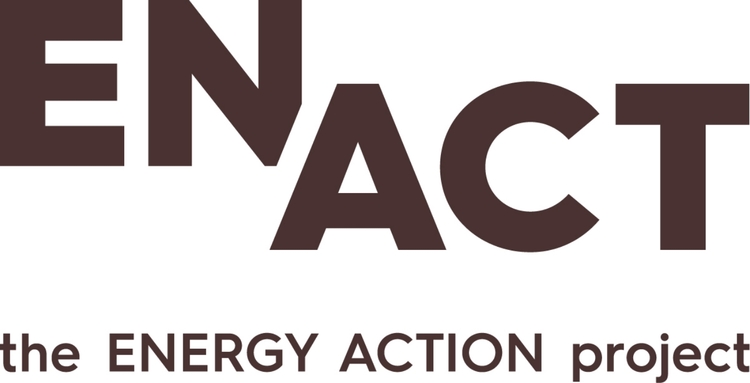Fixing fuel poverty
Dr Brenda Boardman
University of Oxford
In 1983, Brenda Boardman began doctoral work at the University of Sussex to probe what conditions result in some households in the UK being unable to afford enough energy to say warm—and healthy—in winter.
Dr. Boardman coined the phrase fuel poverty to identify a social challenge distinct from poverty more broadly, recognizing that low income was only one factor – and indeed not the most important. Her first book, published in 1991, highlighted the impacts on people living in such conditions, identified inefficient houses as the root problem and called out energy providers for often making matters worse. Importantly, the book also provided a range of policy measures governments could use to prompt to all stakeholders to engage in eradicating fuel poverty.
By 2010, the situation had grown worse, prompting Dr. Boardman to update to publish an new book, Fixing Fuel Poverty.
In parallel, growing recognition of the challenge across the European Union has prompted the launch of the EU Energy Poverty Observatory, drawing together experts from academia, governments, industry, NGOs and social enterprises.
A 30-minute chat with Dr. Boardman, now Emeritus Research Rellow at the University of Oxford, is a great primer for exploring why fuel poverty – also now known as energy poverty – still persists and, in many countries, has become more pronounced.
Top 10 Take-Aways
In case you don't have time to listen in, here are ten key points, paraphrased from our talk with Dr. Boardman:




